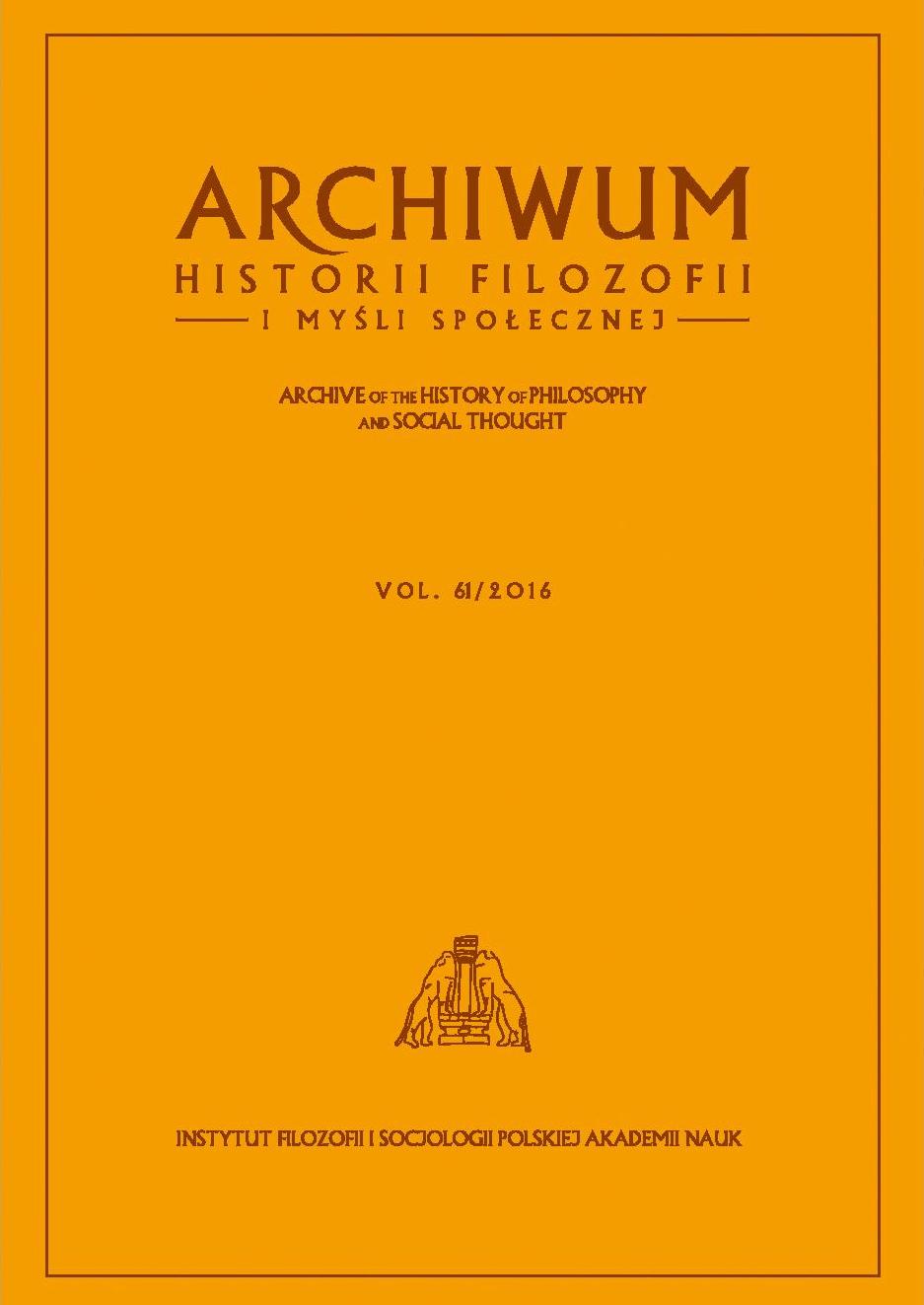Rozdział kościoła od państwa w ujęciu Hegla
Separation of Church and State according to Hegel
Author(s): Katarzyna GuczalskaSubject(s): Philosophy, History of Philosophy, Philosophical Traditions, Philosophy of Religion
Published by: Instytut Filozofii i Socjologii Polskiej Akademii Nauk
Keywords: Hegel; separation of state and church; religion; fanaticism; Reformation; Protestantism; Catholicism; state; freedom
Summary/Abstract: Hegel was not a proponent of supremacy of the state and its unity with the church in the sense of the theocratic state model. Th is article presents in detail Hegel’s understanding of the state-church relation, which takes the form of “unity based on difference”. The unity may suggest a para-religious nature of the idea (sacralisation) of the state. Due to possible misunderstandings and interpretation ambiguities, the issue is thoroughly analysed. Reconstruction of Hegel’s view on the state-church relation brings forward Hegel’s ambivalent attitude to religion. It is a permanent element of the life of state, but also leads to many faults and threats. The article provides reasons for both criticism and affirmation of religion and recreates Hegel’s understanding of fanaticism, Catholicism, Reformation,unity and separation (a difference in Hegel’s terminology) of church and state, the idea of the state and freedom. The analysis results in emergence of some elements of Hegelianism which might surprise by their actual care for the value of religious freedom, toleration and a state understood as a mediator or arbiter in religious conflicts.
Journal: Archiwum Historii Filozofii i Myśli Społecznej
- Issue Year: 61/2016
- Issue No: 61
- Page Range: 165-180
- Page Count: 16
- Language: Polish

